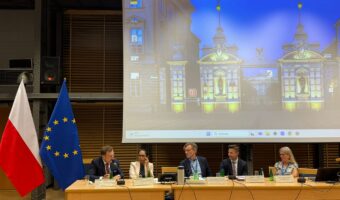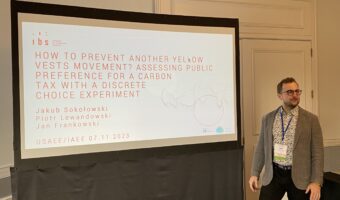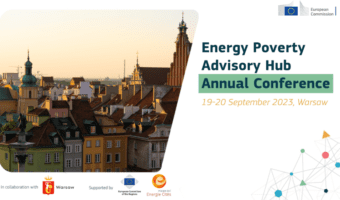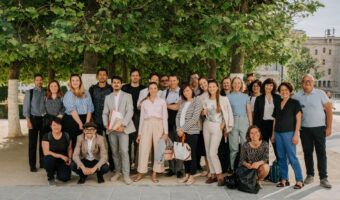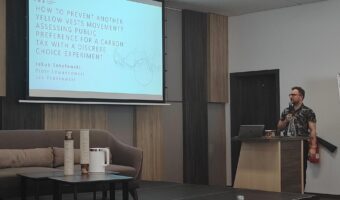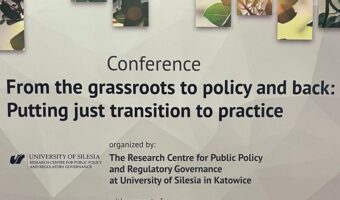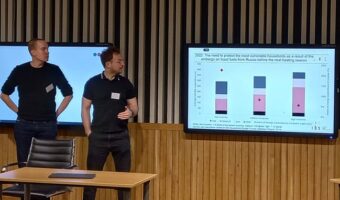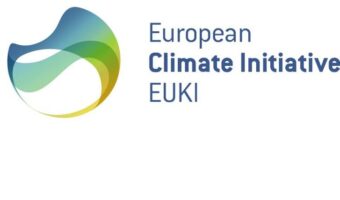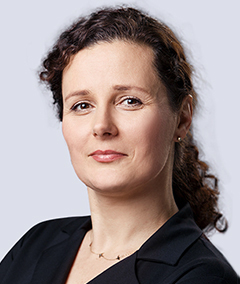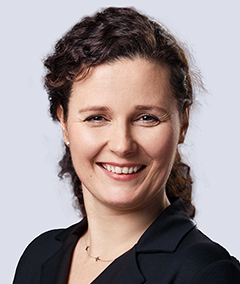The project aims to help shape the EU climate and energy policy regarding the effects of the increasing carbon costs on economically vulnerable groups.
It focuses on four East-European EU member states (Bulgaria, Hungary, Poland, and Romania) – with higher-than-EU-average levels of fossil fuels dependence in their economic systems, and higher-than-EU-average energy poverty levels – while also drawing on the experience from the German Energiewende (ongoing transition by Germany to a low carbon, environmentally sound, reliable, and affordable energy supply).
The project will develop and use a methodology for research that combines an economy-wide quantitative assessment of the carbon costs’ impact by means of a dynamic general equilibrium model, coupled with a micro-simulation based on household budget surveys (HBS) data. The redistributive channels examined in the project are the price responses, the adjustment of consumer behaviour, and the labour market impacts (especially in the carbon-intensive sectors). Policy recommendations will be made for effective measures to mitigate the negative effects of carbon taxation, including redistributing the additional tax revenues to ensure social fairness and optimise social protection for the most vulnerable social groups.
The project will conduct public consultations on the key findings with relevant decision-makers at national and EU levels. The deployment will be coordinated with the Adelphi-led project „Facilitating socially just carbon pricing policies in CEE”.
***
This project is part of the European Climate Initiative (EUKI). EUKI is a project financing instrument by the Federal Ministry for Economic Affairs and Climate Action (BMWK). The EUKI competition for project ideas is implemented by the Deutsche Gesellschaft für Internationale Zusammenarbeit (GIZ) GmbH. It is the overarching goal of the EUKI to foster climate cooperation within the European Union (EU) in order to mitigate greenhouse gas emission
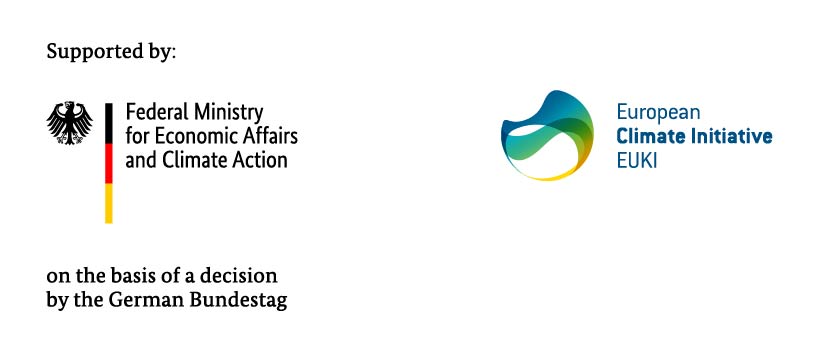
- economist:
- Jakub Sokołowski
- economist:
- Jan Frankowski
- economist:
- Joanna Mazurkiewicz
- economist:
- Marek Antosiewicz
Energy Policy Group (RO), Institute for Structural Research (PL), the Center for the Study of Democracy (CSD), Ideas into Energy gGmbH (DE), Habitat for Humanity International Hungary (HU)

